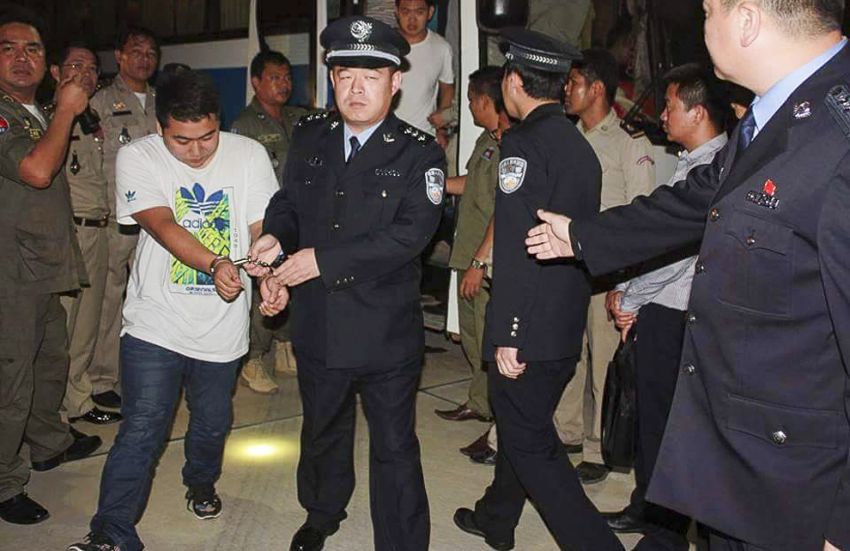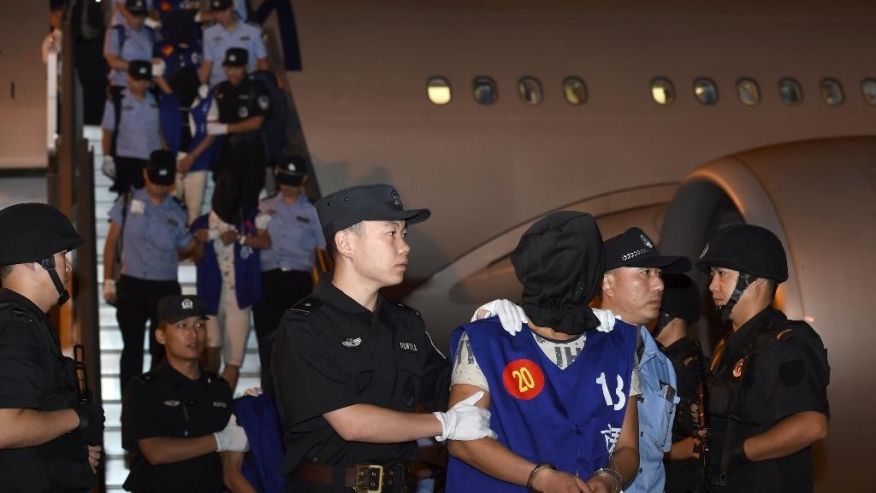12 May
It’s been a very tough year so far for Cambodia’s casino and hotel industry, with business owners claiming that last year’s arrests of hundreds of people in a transnational telecom extortion scheme has led to thousands of Chinese workers fleeing for fear of a crackdown on online gaming establishments.
“After the Chinese left, our business went down a lot, maybe 60 to 80 per cent,” claimed Rattanak Sambath, owner of the Royal Union Hotel and Casino, adding: “We’ve faced losses, though we’re still running.”

According to the Phnom Penh Post, ‘Many of those arrested in the Cambodian raids were working in casinos in Sihanoukville, which has fuelled rumors that the arrests were aimed at shutting down the overseas gaming halls and online casinos that mainland Chinese nationals frequent to circumvent Mainland China’s ban on gambling.’
Although Cambodian law allows online casinos to operate out of licensed brick-and-mortar casinos, the surge of such operations in recent years has come on the back of Chinese investment, hence the Chinese workers – with claims that 90% of the roughly 5,000 have since left Sihanoukville.
Sihanoukville, known also as ‘Kampong Som’, is a coastal city in the country’s south-west at the Gulf of Thailand and has long been a popular destination for Chinese workers and gamblers, with heavy investment in gambling-based tourism.
However, the lack of charges for those arrested last year – coupled with the Cambodian government’s unclear approach to the gaming laws – is costing the industry money according to locals, who have been unable to entice the workers back to Cambodia, where they work as live-dealers in the numerous online casinos catering for the Chinese market.
According to Sambath,‘Many are now working in the Philippines, where casino laws are more transparent and relaxed,’ claiming that the Cambodian authorities ‘have given no assurances that online gambling is legal here’.
“We’re still trying to attract Chinese online casino investors to come,” he explained, adding that, “They will only come back if the government advertises that it allows online casinos.”

One of the problems, according to Ros Phirun, a spokesman for the Ministry of Economy and Finance’s gaming and casino department, is that:
“This industry is very new for us, and we, the regulators, do not know about it well yet. We try to regulate it [the best we can].”
The country’s gambling industry actually received a boost a couple of years ago when the Chinese crackdown was instead focused on Macau, Chinese workers and gamblers leaving for spots such as Sihanoukville and the Philippine capital Manila, but the proposed reforms to Cambodia’s laws have failed to transpire.
With claims of $million deals being put on hold because of the uncertainty, it makes for a difficult time for Cambodia’s gaming sector. Aharon Gini, general manager of the Israeli-owned Queenco Hotel and Casino, explained that:
“[Chinese online gaming] companies came to Cambodia to develop their business because here they can have a legal licence to operate a casino.”
Last year’s arrests and the lack of explanations and charges, however, meant that “the whole industry got scared and left,” he stated, although he ‘voiced optimism’ that the Chinese investor group would return next month.
